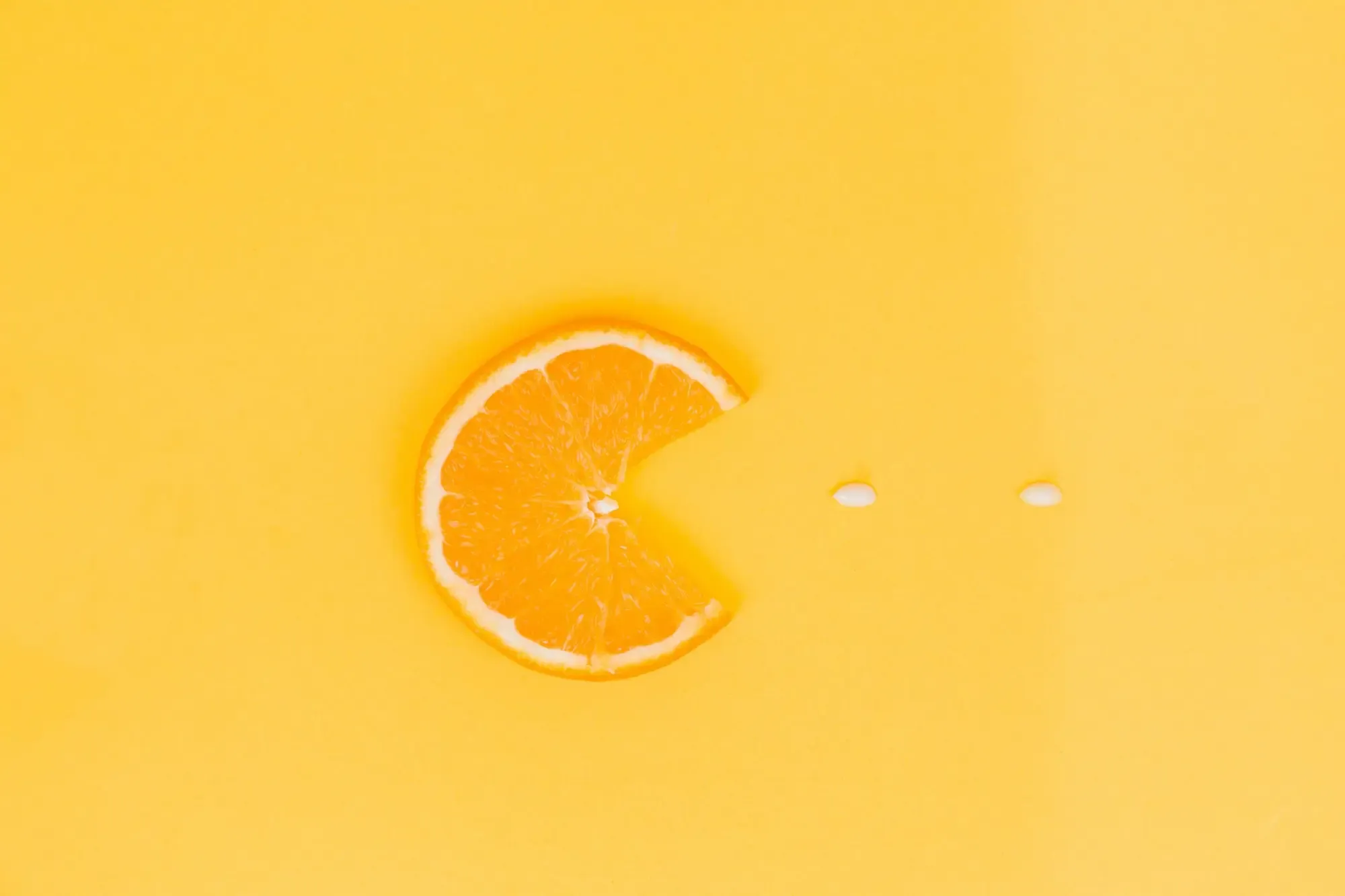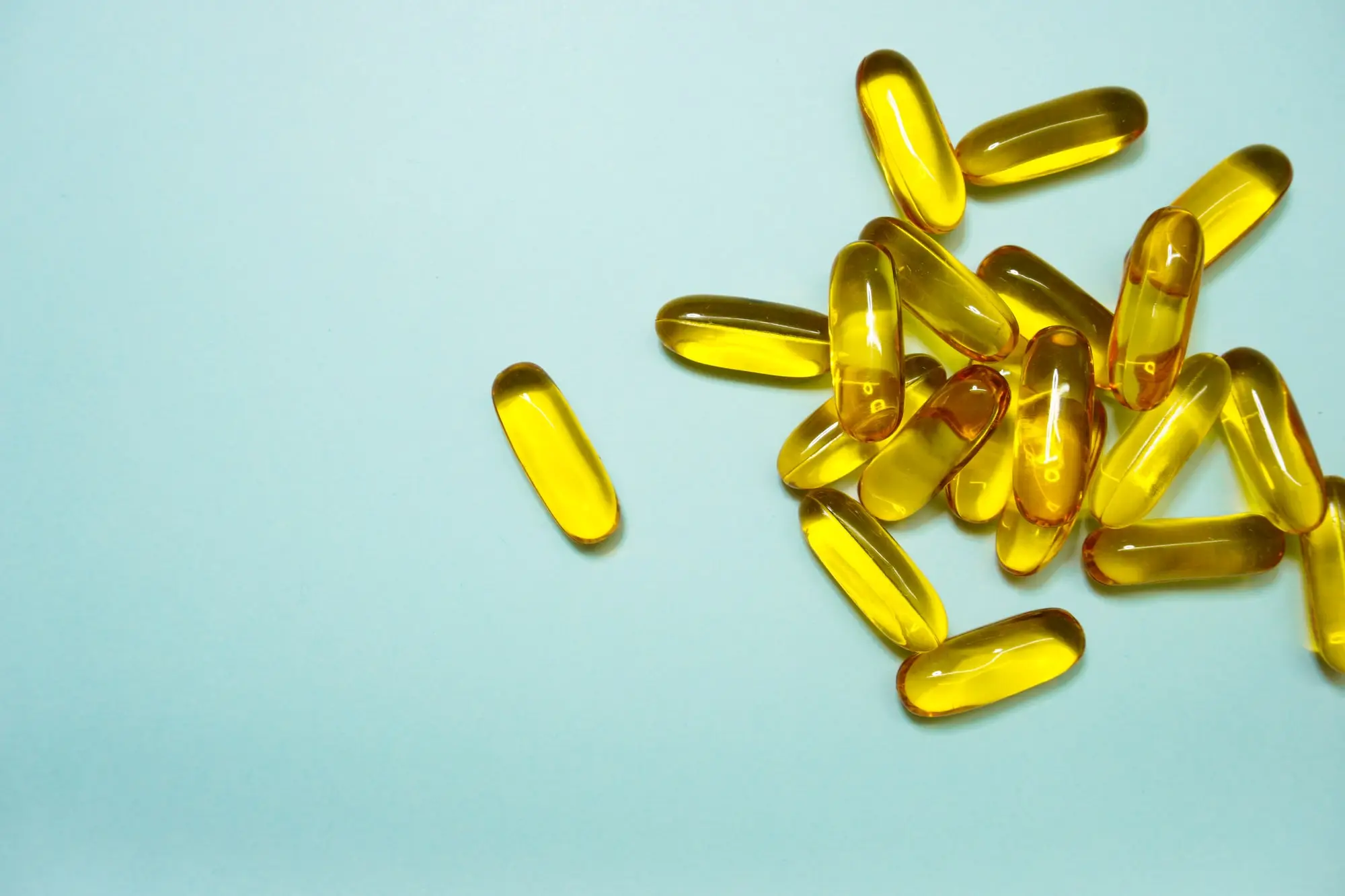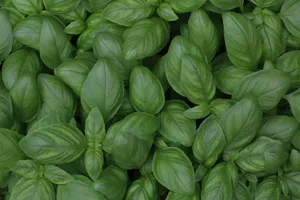The 6 best vegan supplements
For many vegans, nutritional supplements are an integral part of their daily diet. Vitamin B12 is particularly frequently mentioned, and it seems that B12 is the only nutrient that vegans lack in order to lead a healthy life. However, there is a whole range of other trace elements and nutrients that are difficult to cover by a purely plant-based diet. Now you can find out which ones they are!
The fact is that not all nutrients are present in plants in sufficient quantities. Thus, humans must supplement the need for these substances through other foods. Many of these "missing" nutrients can be absorbed through animal foods. But what about vegans? We want to enlighten you about this here today.
In addition, we wanted to give you an overview of what supplements you require on a keto vegan diet. Since these two topics do not necessarily belong together, I have described the keto part separately at the end.

Vitamin B12
But let's first turn to the already mentioned vitamin B12. In simple terms, vitamin B12 is important for cell division and blood formation, as well as for the function of the nervous system.
It is therefore a vital substance whose requirements must be met. But how? Vitamin B12 is found in high quantities in red meat, for example, but not in most plants. Therefore, it is advisable for vegans to cover their needs through dietary supplements. Some people prefer to cover their needs with nutritional yeast and bread, but with supplements you* have an exact overview of how much B12 is being absorbed.
Vitamin D
Vitamin D is probably known to many as the sunshine vitamin. This is because our bodies, like those of many living things, produce vitamin D when exposed to sunlight.
Self-produced? I always thought vitamins are substances that humans cannot produce themselves and must take in through food. And this is true. In fact, vitamin D is not produced directly in our body. First, a kind of precursor of vitamin D (more precisely, vitamin D3) is formed. It is then the UV radiation of the sun that finally turns this proenzyme / prohormone into vitamin D3, the correct and important vitamin D. So far so good. But, and this is probably how most of us feel, our daily lives mostly take place indoors these days. Many people wear long clothes to work, and hold meetings or breaks outside, if at all. That's why most of us are already slightly vitamin D deficient anyway.
For this reason, it is a good idea to also cover the vitamin D budget via dietary supplements. Fortunately, there are a variety of non-animal sources such as algae or mushroom preparations. Vegetable milk alternatives are often rich in vitamin D as well. Here, care should be taken to ensure that vitamin D3 is included, as it is precisely the type of vitamin D that the body produces itself. Thus, it is easier to metabolize this.

Omega-3
I'm sure we've all heard about how important omega-3 is for healthy body function. However, it is less known that not every omega-3 fatty acid = omega-3 fatty acid.
Basically, we need to distinguish between three different types/forms of omega-3 fatty acid. The plant-based alpha-linolenic acid (ALA) is found primarily in flaxseeds, chia seeds and walnuts. But this form alone is not enough to ensure healthy body function. In addition, "the other" omega-3s are needed. Namely, omega-3 (EPA) and omega-3 (DHA). Although omega-3 (ALA) can also be converted to EPA and DHA in the body, the conversion rate varies from person to person and is highly dependent on metabolism.
And what were EPA and DHA again?
These are "animal" fatty acids. The omega-3 fatty acids eicosapentaenoic acid (EPA) and docosahexaenoic acid (DHA) come mainly from marine animals such as cold-water fish, krill, and crustaceans. However, even the sea creatures just mentioned do not form the fatty acids themselves, but also absorb them through their food, namely by eating algae.
And that is exactly why the vegan readers among us can breathe a sigh of relief! Because DHA and EPA can be wonderfully absorbed in the form of food supplements from algae.
Iodine
We all probably know iodine from our table salt packets. But the fact that it is an essential component of healthy bodily function is something we* rarely hear. Yet the recommended 200 µg of iodine per day is not that easy to cover.
But what do we actually need iodine for?
Let's start with the thyroid gland. It would hardly function without iodine. About ¾ of the iodine in the body is found in the thyroid gland, where it is an essential component of the thyroid hormones T3 (triiodothyronine) and T4 (tetraiodothyronine). These are important, among other things, for the development of the brain and bones, but also for the general function of the metabolism.
Since iodized table salt has been available in Germany, deficiencies have become much rarer, but have not disappeared completely. Just under 25% of people in Germany have a slight iodine deficiency.
So how can this need be met?
One of these is, of course, iodized salt. This contains about 100 µg iodine per 5g. This means that we have already covered half of our daily requirement (the WHO recommends a daily intake of 5 g of salt, which is why we use this value as a guideline).
But how do we get the other half? For this we have to take a dive again, because we also get iodine to a large extent under the surface of the sea. Fortunately, it is again in plant form, and who would have thought it, it is once again the algae. Some even have so much of it that excessive consumption of some types of algae can lead to an excess of iodine. However, products with particularly high iodine content often have instructions on the packaging.
We therefore recommend that you cover your iodine requirements as far as possible through your diet, and only resort to dietary supplements in cases of severe deficiency or intolerance.

Vitamin K2
Probably very few people have heard of vitamin K2 or even its deficiency. I also stumbled across it only during my research for this article. But it belongs, just like all other vitamins and substances mentioned, to a healthy body function. More precisely, it is responsible for the transport of calcium through the body. K2 therefore brings calcium to the places where it is needed.
So if a vitamin K2 deficiency occurs, it can lead to calcium deposits in the wrong place, putting a strain on arteries or blood vessels.
An important realization was that vitamin K, much like omega-3 comes in different forms. Thus, it is not sufficient to take only vitamin K1, which occurs in large quantities in green vegetables. Nevertheless, this must happen with K2.
And here we are again with the same old question, where do we get it from?
Unfortunately, there are really hardly any plant-based alternatives this time, except for a handful of fermented foods. However, since these are also rarely particularly rich in vitamin K2, it is really advisable to satisfy the need via dietary supplements. Fortunately, vitamin K2 often comes in combination with vitamin D3 capsules, which is why one preparation is usually sufficient for both.
Zinc
Last but not least, Z for zinc. Zinc is used in a wide variety of places in the body. For example, it is involved in the activation of over 100 enzymes. But of course it is also important for a healthy immune system. For once, zinc is a substance that is found in abundance in numerous plants. But it would be too beautiful, if there were not also a small hook there.
Many vegan foods such as nuts, seeds, and grains contain zinc in sufficient quantities. However, these foods also contain a lot of phytic acid, a substance that inhibits zinc absorption in the body. And that is why it is advisable to take a few extra steps to improve zinc absorption in the body. This can be done, for example, by lightly roasting or soaking the nuts beforehand. Those who reach for sprouts (germinated seeds) instead of seeds are also doing the right thing here. These treatments lower the phytic acid content and make the zinc more easily accessible.
In case of acute deficiency, however, it is always advisable to resort to dietary supplements, because this way the absorption is optimal and accurate.
Finally, here are a few hard facts about daily dosages that you can use as a rough guide.
- Vitamin B12 300–1000 µg
- Vitamin D3 1000–2000 IU/IE
- Omega-3 DHA 300 µg
- Omega-3 EPA 100–200 µg
And to really cover every nutrient, these supplements can be taken in addition:
- Jod 100–150 µg
- Zink 8–12 mg
- Vitamin K2 50–100 µg
Units:
µg = Microgram
mg = Milligram
IU/IE = "international unit" oder „internationale Einheit“
*The links to sources of supply are affiliate links: If you buy through them, you actively support gustar.io, because we then receive a small part of the sales proceeds. Thank you very much! :-)




